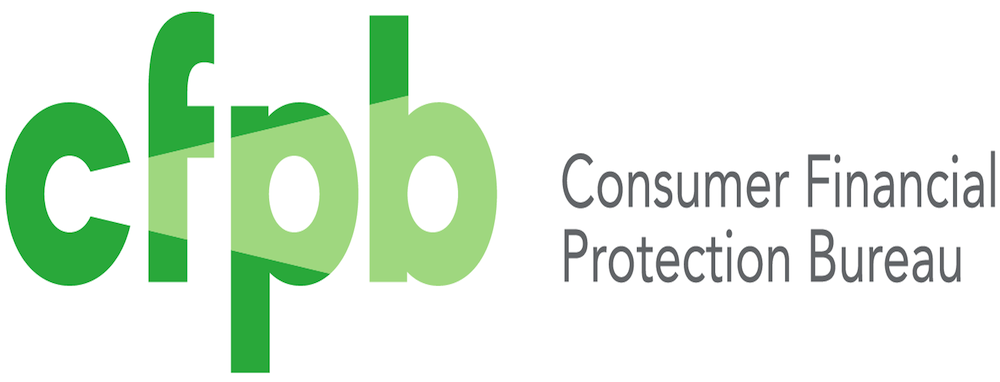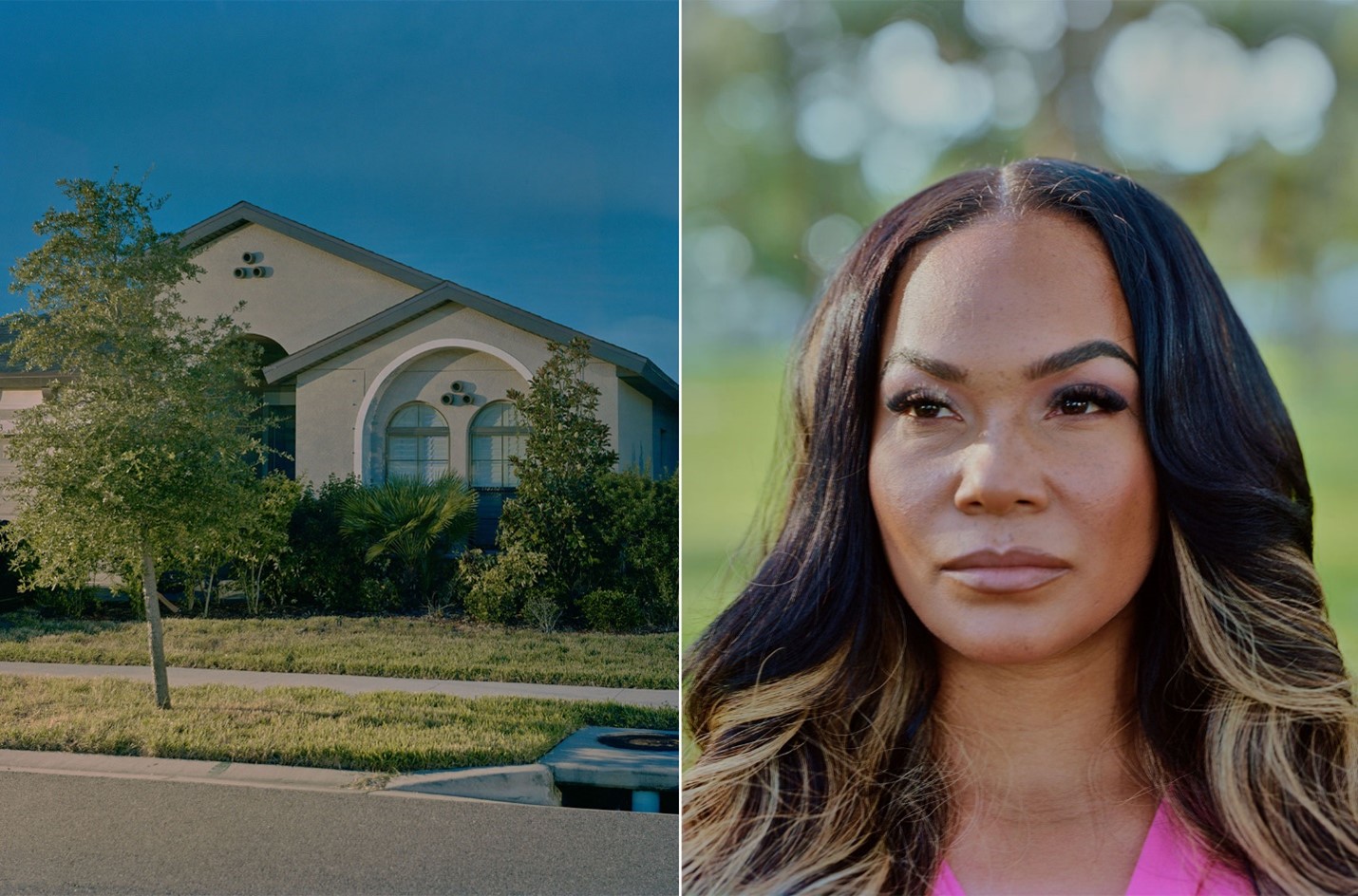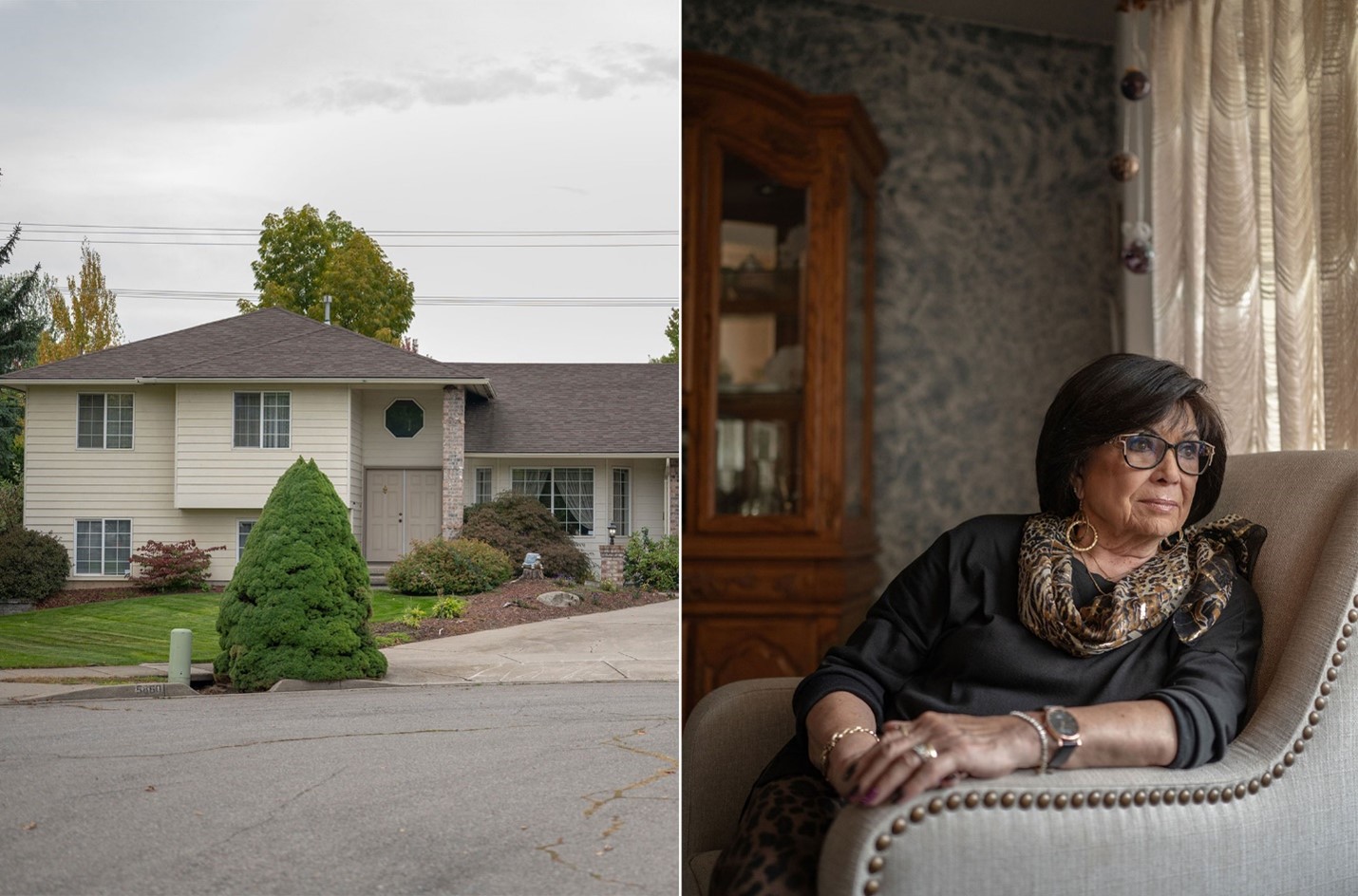 Over the Weekend President Trump fired Rohit Chopra the Director of the Consumer Finance Protection Bureau (CFPB) and today replaced him with Treasury Secretary (and hedge fund oligarch) Scott Bessent.
Over the Weekend President Trump fired Rohit Chopra the Director of the Consumer Finance Protection Bureau (CFPB) and today replaced him with Treasury Secretary (and hedge fund oligarch) Scott Bessent.
Within hours Bessent directed the Agency to halt all work on pending regulations and enforcement actions.
While many of our clients, friends, family and neighbors voted for President Trump, I’m pretty sure that their primary objective in supporting him was not to allow debt collectors, payday lenders, credit card companies, banks and mortgage companies to be given license to cheat them.
This is sad to watch because the CFPB has established itself as a strong independent regulator of financial services companies, mortgage companies, small business lenders, banks and non-bank lenders.
This is particularly important right now because most of the contracts offered by many of these financially predatory companies force their customers to private arbitration and prohibit participation in class action lawsuits against them. This means that if companies choose to cheat a little bit from a lot of people it’s even more difficult for private lawyers like those at DannLaw to hold them accountable in a meaningful way. If the CFPB is gone as a line of defense companies will have more license to cheat.
The consumers protected by the CFPB include all of us, even the CEOs and shareholders of the bad acting financial institutions. But it is critical to remember that the lack of accountability for bad actors in the financial services world also punishes ethical businesses who are trying to compete with the businesses that are cheating their customers. It’s often more expensive and less profitable to follow the law than to find ways to avoid doing so.
Actions to scale back the CFPB’s enforcement and rulemaking efforts are going to cost millions of consumers billions of dollars over the next four years and limit the remedies available to consumers who are wronged. This is not a political opinion. This is a fact.
Fortunately for homeowners and many of our clients, federal law still prohibits arbitration provisions in mortgage contracts. And for those who are subject to arbitration agreements we have been a leader among lawyers in using the arbitration process to protect our clients.
In light of this week’s news our Lawyers, Paralegals and support staff are committed to doubling down our efforts to use the courts and the law to hold financial predators accountable and seek justice for consumers who they victimize. Our job in protecting consumers is more important than ever and I know we are up to the challenge.
DannLaw provides representation to consumers in the following fields:
Data Breach Class Actions
Business Litigation


 Franklin County Common Pleas Court Judge Michael Holbrook ruled today that a class action lawsuit filed by DannLaw on behalf of Ohioans impacted by Governor Mike DeWine’s decision to terminate fully federally-funded Pandemic Unemployment Assistance (PUA) off payments in May of 2021 may continue. In a 16-page order Judge Holbrook denied Attorney General Dave Yost’s motion to dismiss the suit and said the plaintiffs had “…sufficiently plead claims for declaratory judgment, injunctive relief, and petitions for writs of mandamus. He also scheduled a status conference for Tuesday, April 9, 2024, at 1:30 PM. Judge Holbrook’s order may be viewed here:
Franklin County Common Pleas Court Judge Michael Holbrook ruled today that a class action lawsuit filed by DannLaw on behalf of Ohioans impacted by Governor Mike DeWine’s decision to terminate fully federally-funded Pandemic Unemployment Assistance (PUA) off payments in May of 2021 may continue. In a 16-page order Judge Holbrook denied Attorney General Dave Yost’s motion to dismiss the suit and said the plaintiffs had “…sufficiently plead claims for declaratory judgment, injunctive relief, and petitions for writs of mandamus. He also scheduled a status conference for Tuesday, April 9, 2024, at 1:30 PM. Judge Holbrook’s order may be viewed here:  I appreciate everyone’s patience with the slow progress of our case seeking payment of the Pandemic Unemployment Supplemental Benefits that were denied to Ohioans by Governor DeWine and the Ohio Department of Jobs and Family Services. As an FYI, I emailed Judge Holbrook’s law clerk
I appreciate everyone’s patience with the slow progress of our case seeking payment of the Pandemic Unemployment Supplemental Benefits that were denied to Ohioans by Governor DeWine and the Ohio Department of Jobs and Family Services. As an FYI, I emailed Judge Holbrook’s law clerk 




 We continue to assist homeowners who are transitioning from Covid-era mortgage Forbearance programs to permanent loan modifications that make mortgage payments more affordable. If you are currently attempting to negotiate a loan mod and need assistance, please contact us right away. Our knowledgeable and experienced Foreclosure Defense team, which includes Whitney Kaster, Andy Engel, Javier Merino, Karen Ortiz, Amanda Severt and Roberto Rivera, are here to help homeowners in Ohio, New Jersey, and New York.
We continue to assist homeowners who are transitioning from Covid-era mortgage Forbearance programs to permanent loan modifications that make mortgage payments more affordable. If you are currently attempting to negotiate a loan mod and need assistance, please contact us right away. Our knowledgeable and experienced Foreclosure Defense team, which includes Whitney Kaster, Andy Engel, Javier Merino, Karen Ortiz, Amanda Severt and Roberto Rivera, are here to help homeowners in Ohio, New Jersey, and New York.  Bringing class action lawsuits on behalf of consumers and other parties damaged by corporations, banks, lenders, and other entities is the fastest growing part of our practice. If you believe a company, no matter how large or small, is systematically cheating you and other customers, please give us the opportunity to investigate and determine if class action claims exist. Our Class Action Practice Group which includes Javier Merino, Brian Flick, Andrew Wolf, Jeff Crossman, Saher Chaudhary, Marita Ramirez, Kim White and Liza Marigliano has filed significant cases against these and other companies:
Bringing class action lawsuits on behalf of consumers and other parties damaged by corporations, banks, lenders, and other entities is the fastest growing part of our practice. If you believe a company, no matter how large or small, is systematically cheating you and other customers, please give us the opportunity to investigate and determine if class action claims exist. Our Class Action Practice Group which includes Javier Merino, Brian Flick, Andrew Wolf, Jeff Crossman, Saher Chaudhary, Marita Ramirez, Kim White and Liza Marigliano has filed significant cases against these and other companies: Far too many companies have failed to adequately protect their customers’ and/or employees’ confidential personal information. As a result, cyberthieves have been able to access and utilize victims’ social security numbers, medical records, bank account information, and other sensitive data at an alarming rate.
Far too many companies have failed to adequately protect their customers’ and/or employees’ confidential personal information. As a result, cyberthieves have been able to access and utilize victims’ social security numbers, medical records, bank account information, and other sensitive data at an alarming rate.